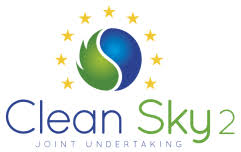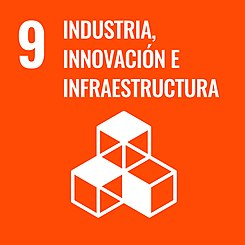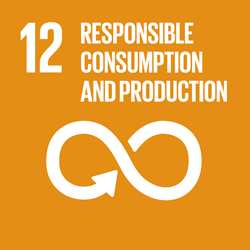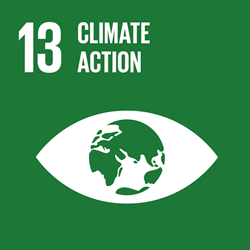Technological watch
Hydrothermal Carbon as Reactive Fillers to Produce Sustainable Biocomposites with Aromatic Bio-Based Epoxy Resins
Thiswork is focused on the development of sustainable biocomposites based on epoxy bioresin reinforced with a natural porous material (hydrochar, HC) that is the product of spruce bark wastes subjected to hydrothermal decomposition. To identify the influence of hydrochar as a reinforcing material on the designed composites, seven formulations were prepared and tested. An aromatic epoxy monomer derived from wood biomass was used to generate the polymeric matrix, and the formulations were prepared varying the filler concentration from 0 to 30 wt %. The reactivity of these formulations, together with the structural, thermal, and mechanical properties of bio-based resin and biocomposites, are investigated. Surprisingly, the reactivity study performed by differential scanning calorimetry (DSC) revealed that HC has a strong impact on polymerization, leading to an important increase in reaction enthalpy and to a decrease of temperature range. The Fourier Transform Infrared Spectroscopy (FT-IR) investigations confirmed the chemical bonding between the resin and the HC, while the dynamic mechanical analysis (DMA) showed increased values of crosslink density and of storage moduli in the biocomposites products compared to the neat bioresin. Thermogravimetric analysis (TGA) points out that the addition of hydrochar led to an improvement of the thermal stability of the biocomposites compared with the neat resorcinol diglycidyl ether (RDGE)-based resin (T5% = 337 °C) by ≈2–7 °C. Significantly, the biocomposites with 15–20 wt % hydrochar showed a higher stiffness value compared to neat epoxy resin, 92SD vs. 82SD, respectively.
Publication date: 12/01/2021
Author: Iuliana Bejenari
Reference: doi: 10.3390/polym13020240







